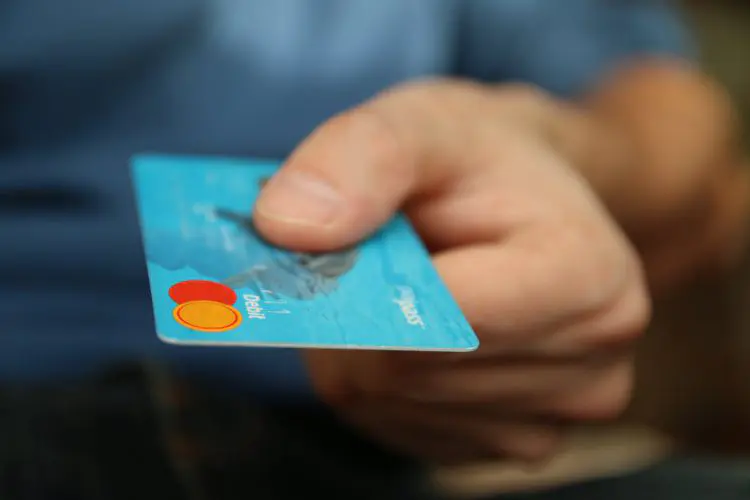Should You Open a Bank Account?
One of the things many international students ask when they study in the US, or any country abroad, is whether they should open a bank account in their host country or simply use their bank account from their home country. The answer depends on how long a student will stay in their host country. For example, if the student will only be staying for a short study program or an exchange program, which usually lasts for two to eight weeks, there may be no need to open a bank account. However, for students staying in the country for one to four years, it is better to open one to make daily and monthly business transactions more convenient. Plus, students won’t have to always pay foreign transaction fees.
How to Apply for a US Bank Account
Typically, to open a bank account in the US, one needs to have a social security number. However, for international students, most banks would usually accept their student ID numbers.
Consider These Things
Before opening your US bank account, consider these things first:
- The location of the bank, which should be near the student’s educational institution or accommodation
- Requirements of the bank such as the minimum balance and monthly fees for maintaining their account
- For those who want to open an account that includes investing, what are the interest rates
- Accessibility, including Saturday banking hours, or if there are ATMs that students can access anywhere
Types of Bank Accounts
Students can choose between opening a checking account or a savings account.
Checking Account
A checking account is useful for day-to-day or other regular transactions, such as paying bills, rent, credit card, utilities, and so on. Most check accounts also do not require a maintaining balance, which means there’s also no interest.
Savings Account
A savings account includes interest, but it cannot be used to write checks. This is probably the most useful for students who will be staying for more than one year, to maximize the interest they can get while in the US.
Requirements for Opening an Account
After deciding which bank account to open, students should bring the following documents to their bank of choice:
- Letter of acceptance or enrolment from the institution
- Money or check to deposit if needed
- Passport plus another form of identification
- Proof of address in the US
- Designated form for each USA student visa type, such as Form I-20 for F-1 and M-1 students.
- Taxpayer Identification Number (TIN), Social Security Number (SSN), or Individual Taxpayer Identification Number (ITIN). Passing any of those will only be required in some banks, but not all. Ask the bank if they will accept your student ID number.
Opening a bank account in the US will make it easier to do various business transactions including paying stuff for studying, travel, and other activities. For other practical tips about studying abroad, check out MSM Unify other study abroad articles.



























